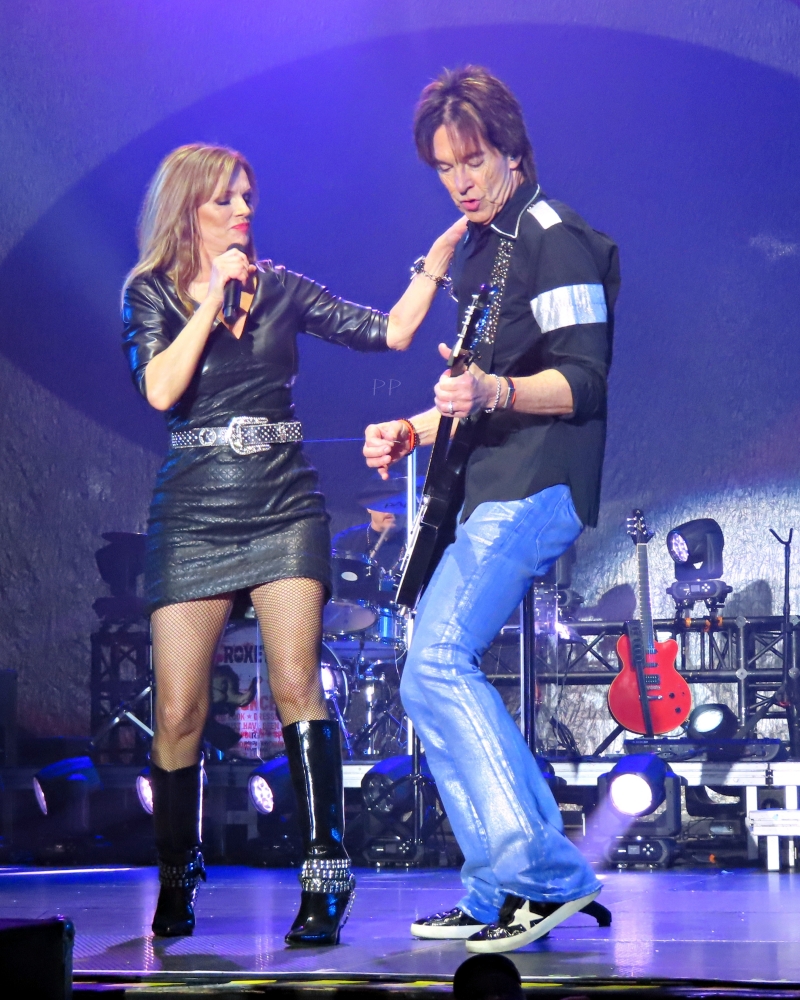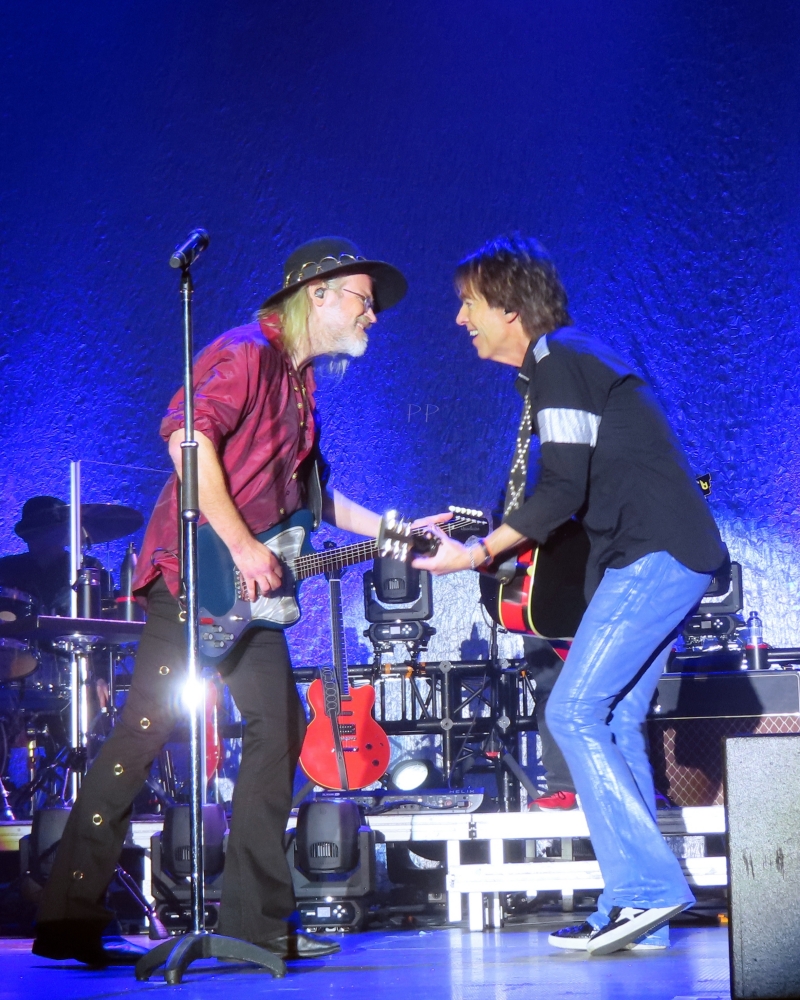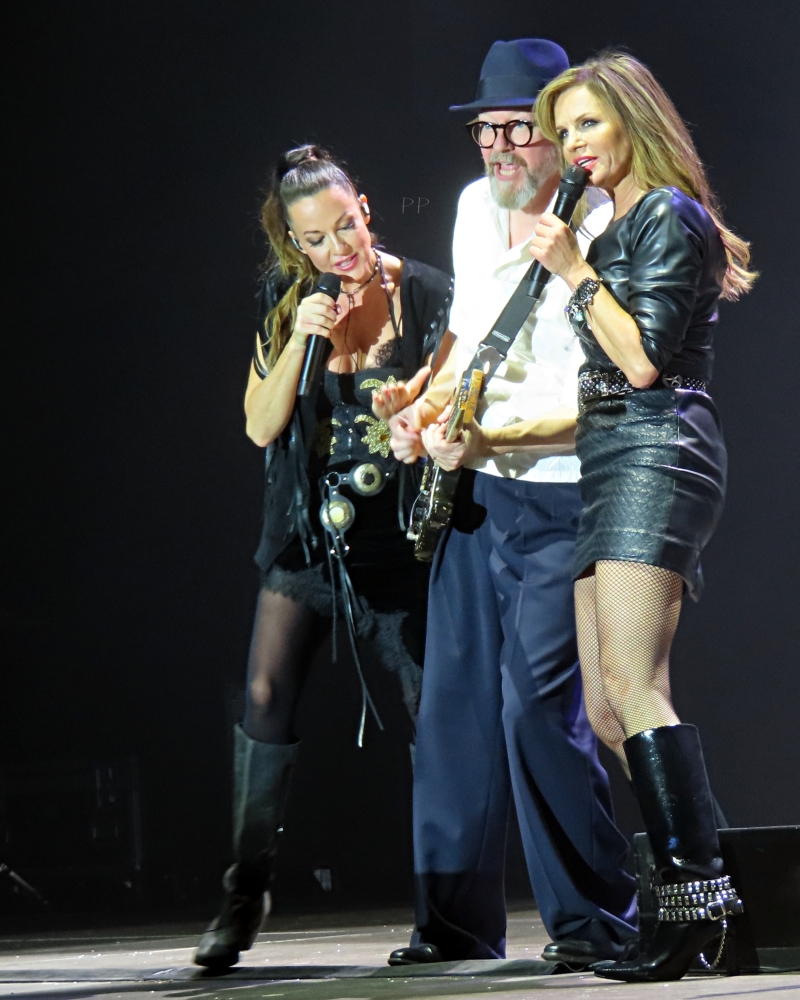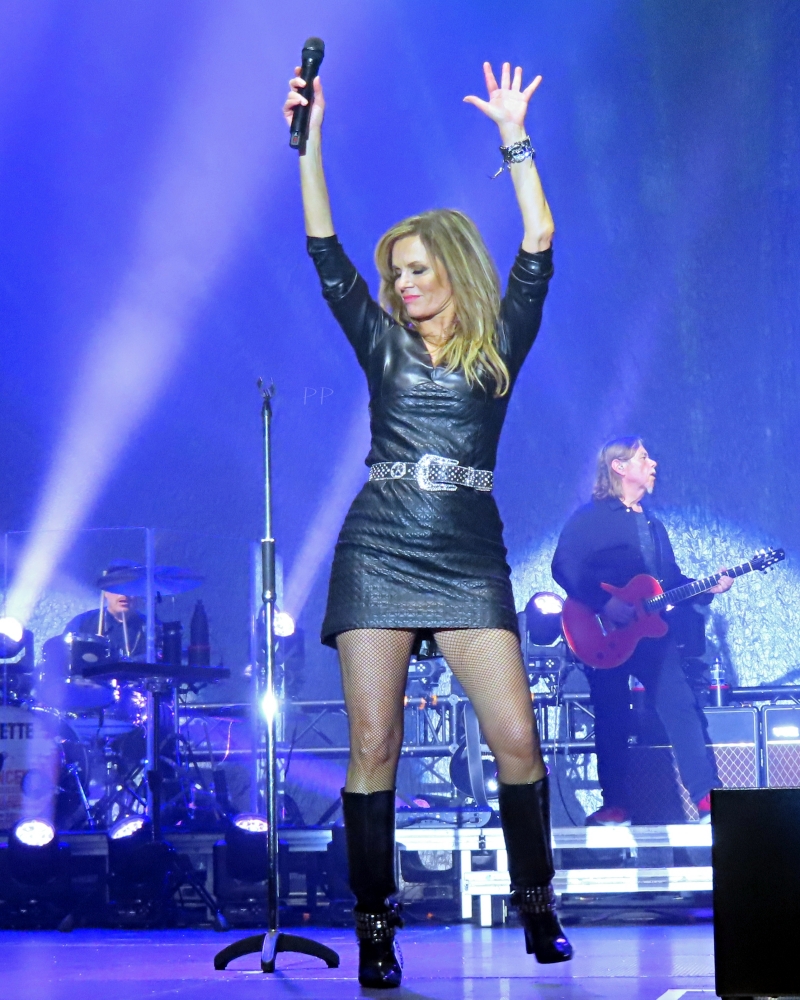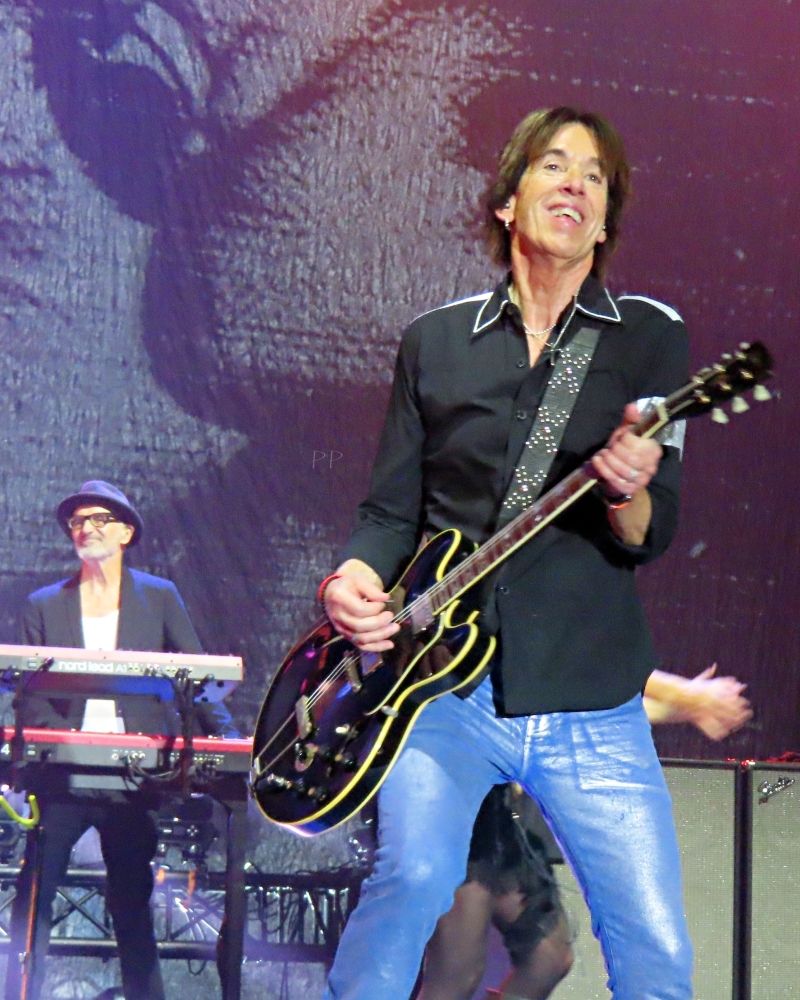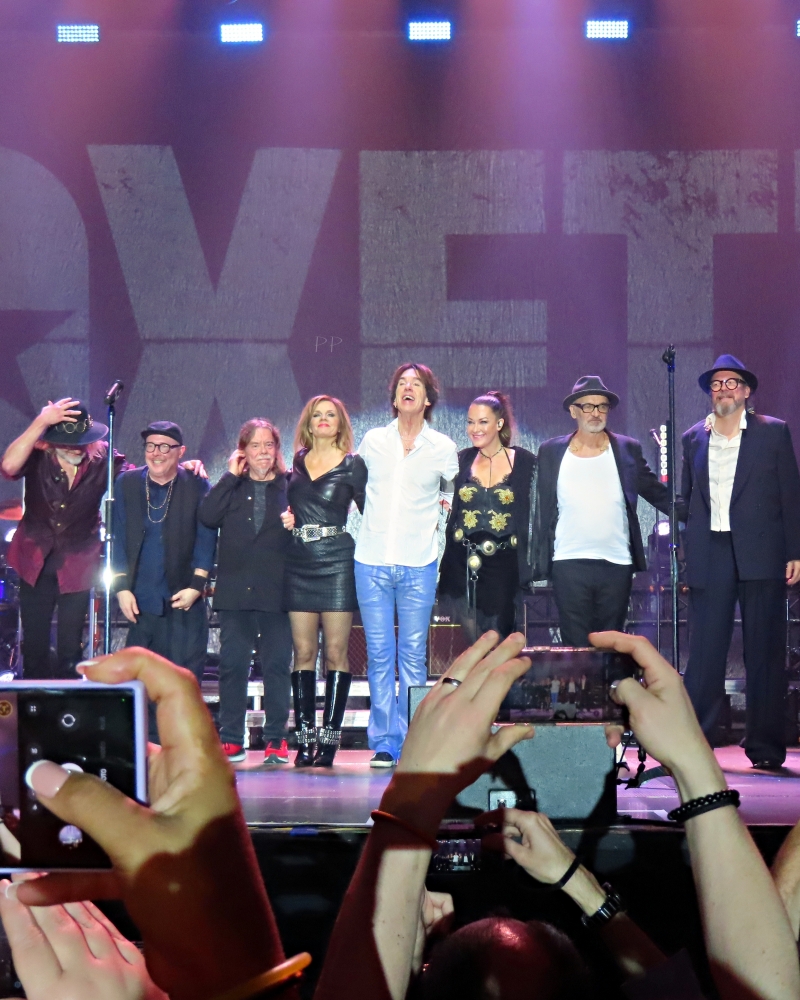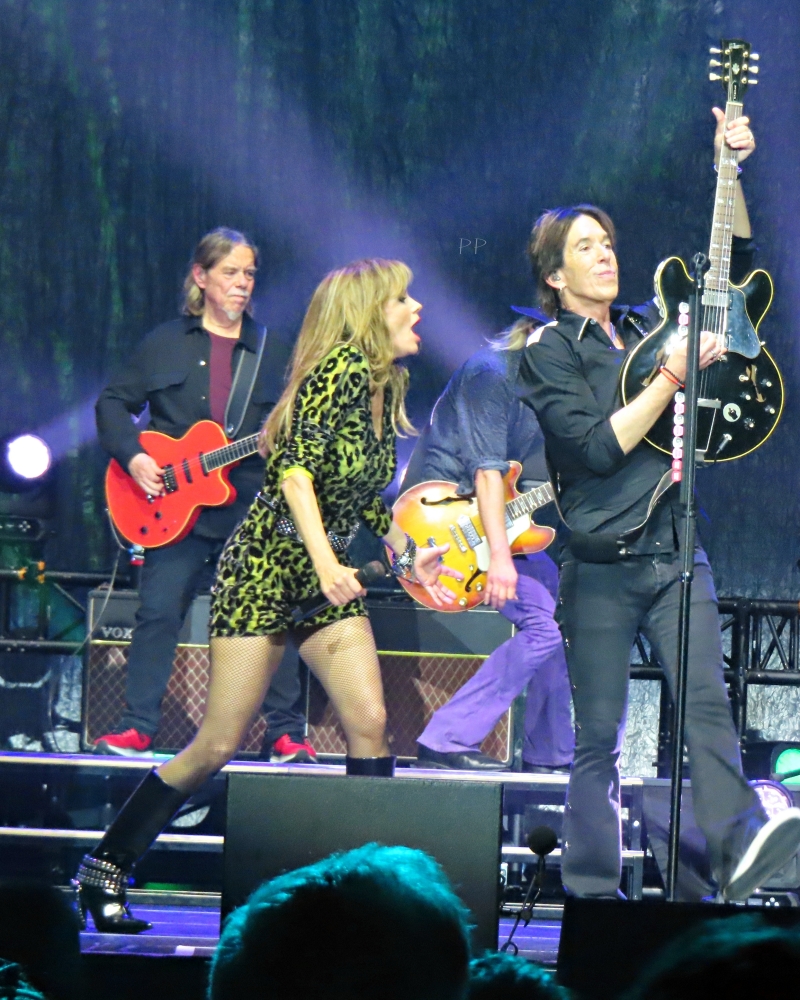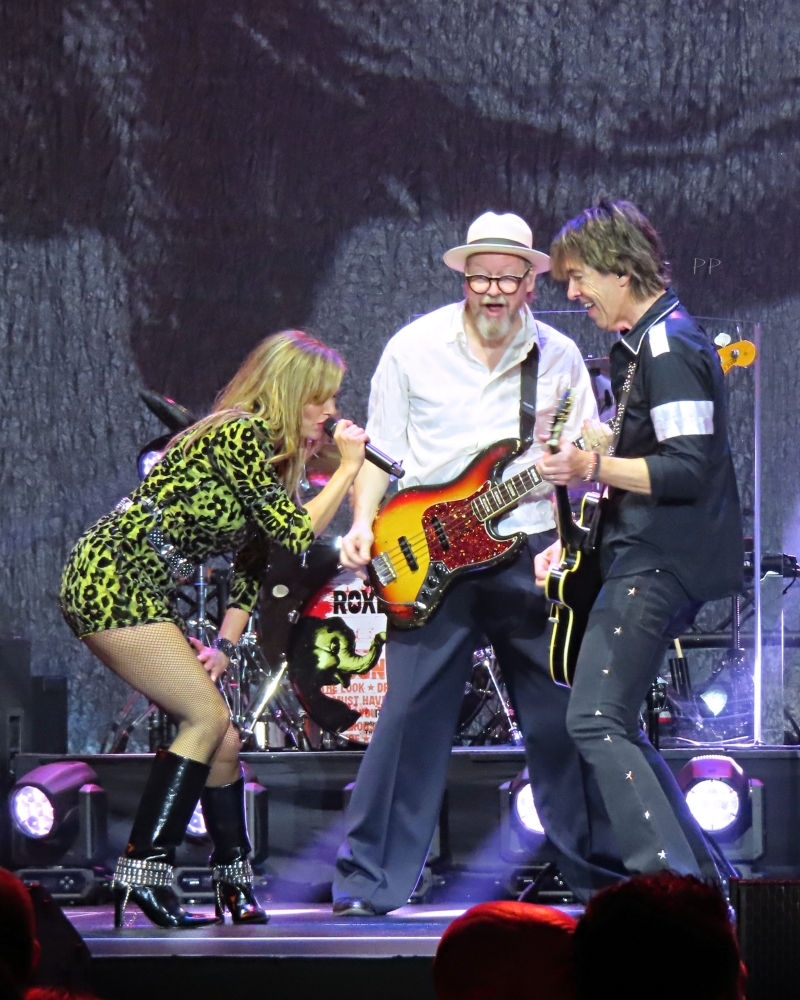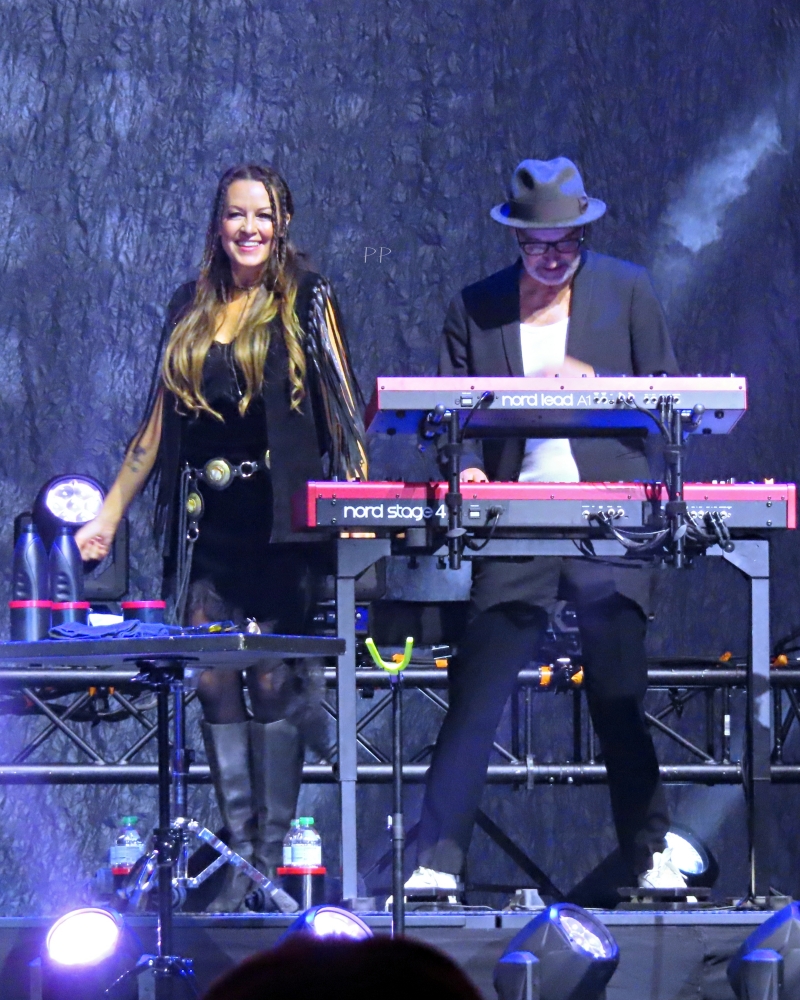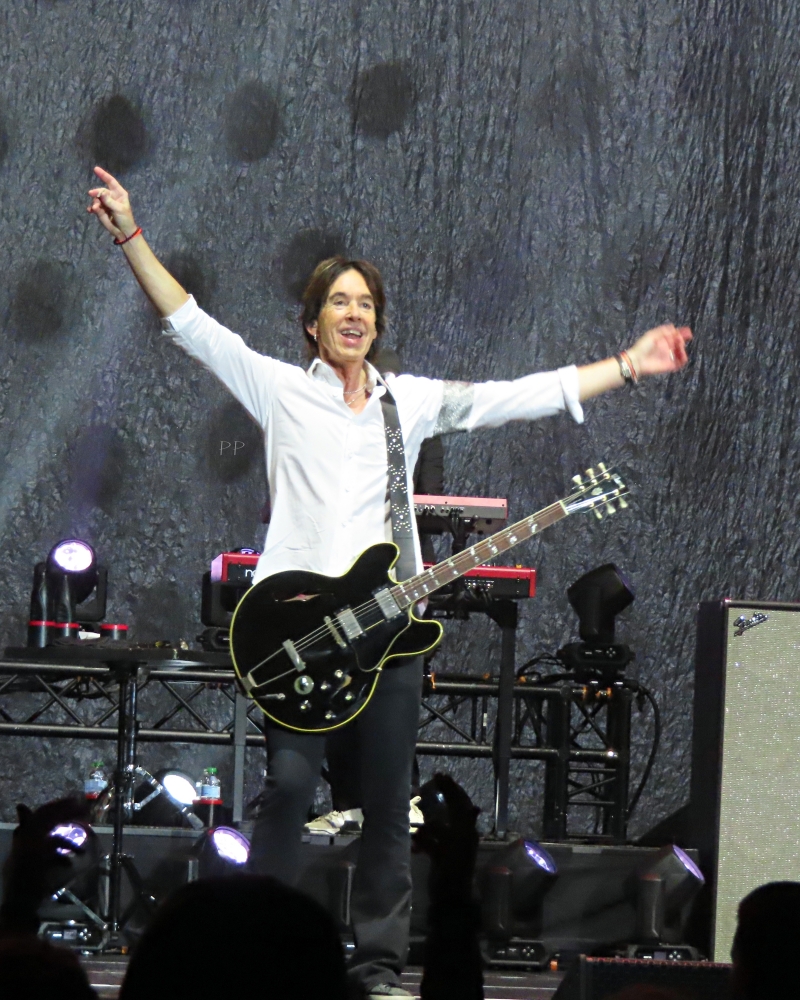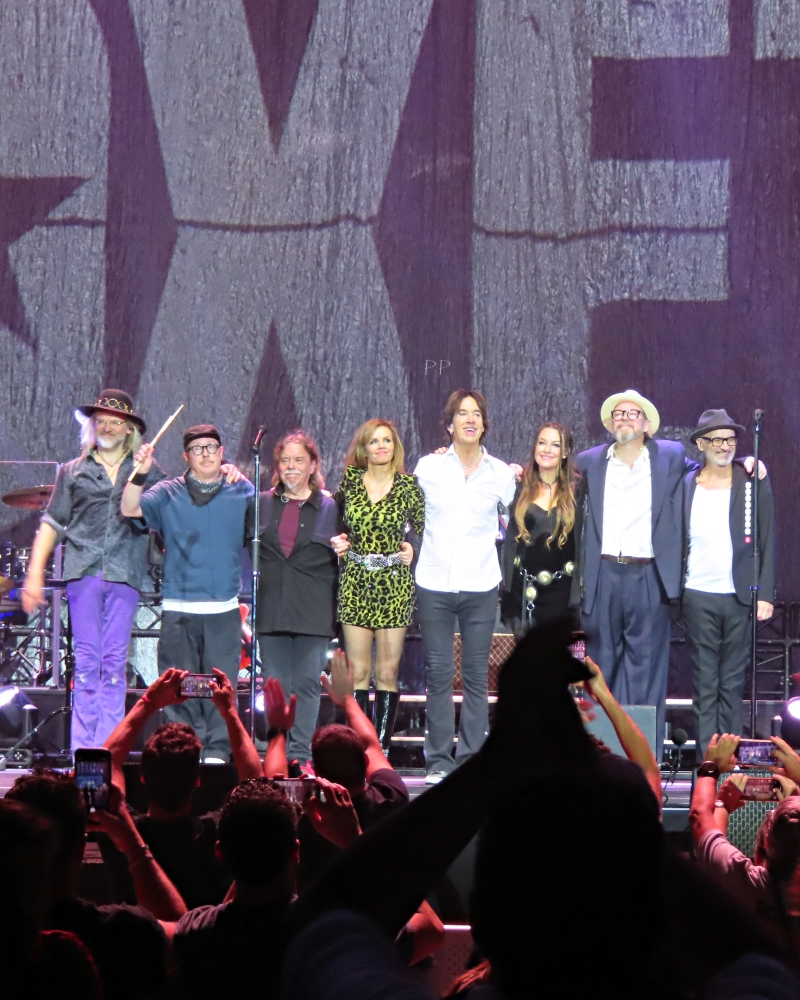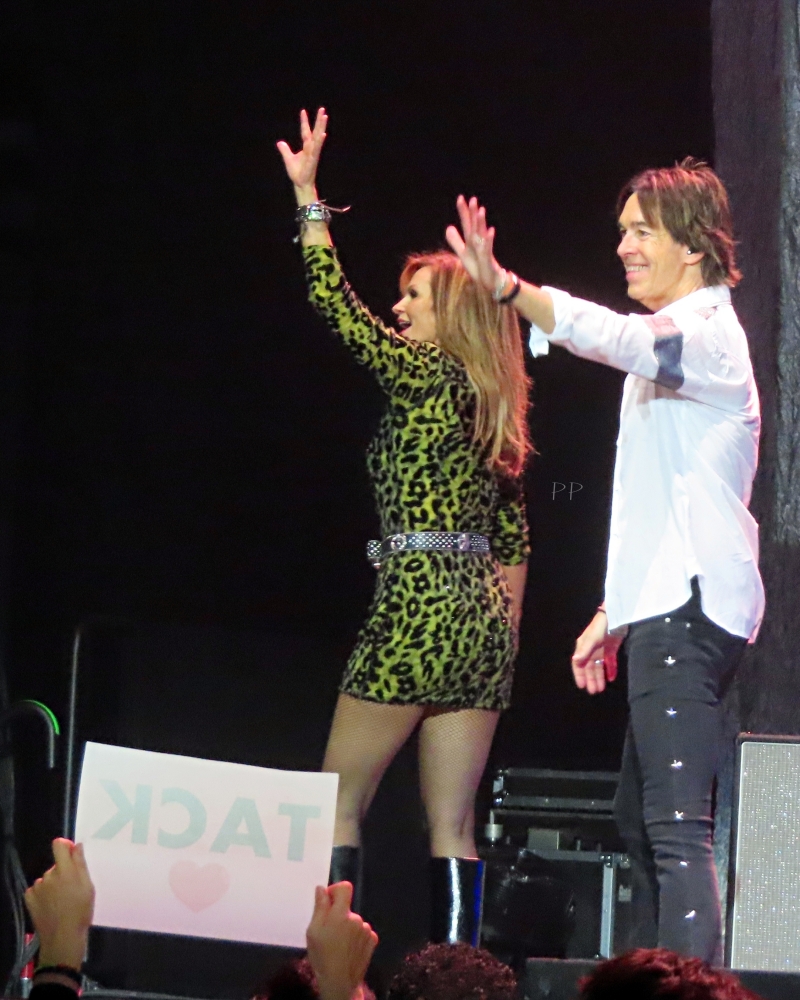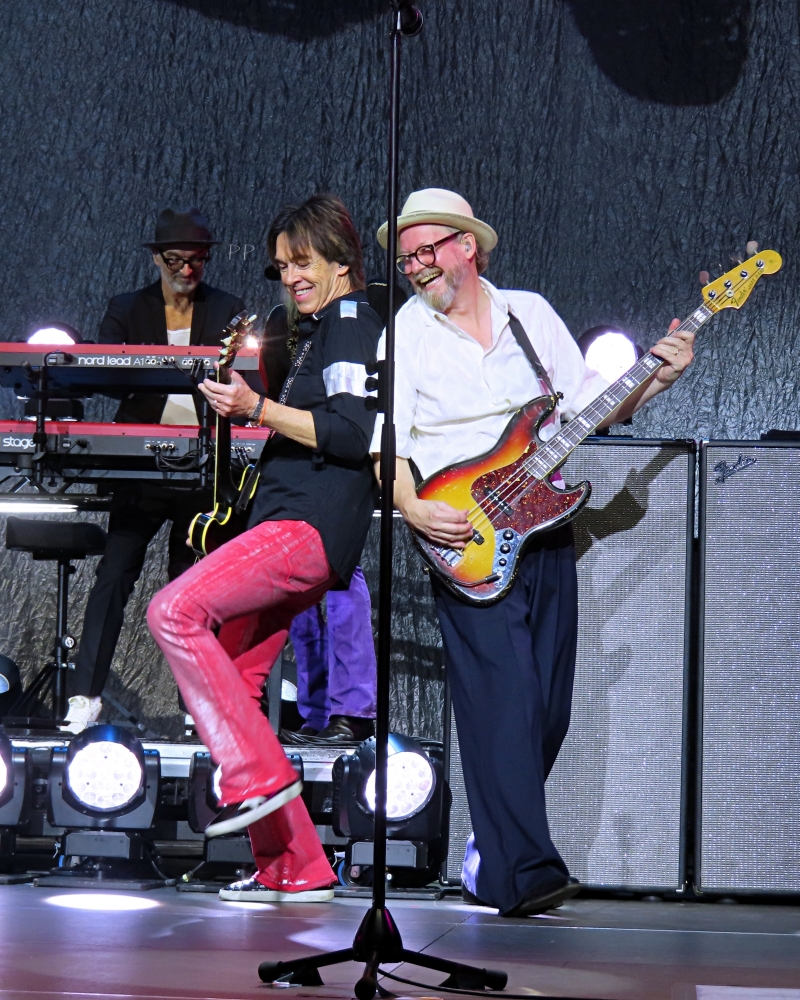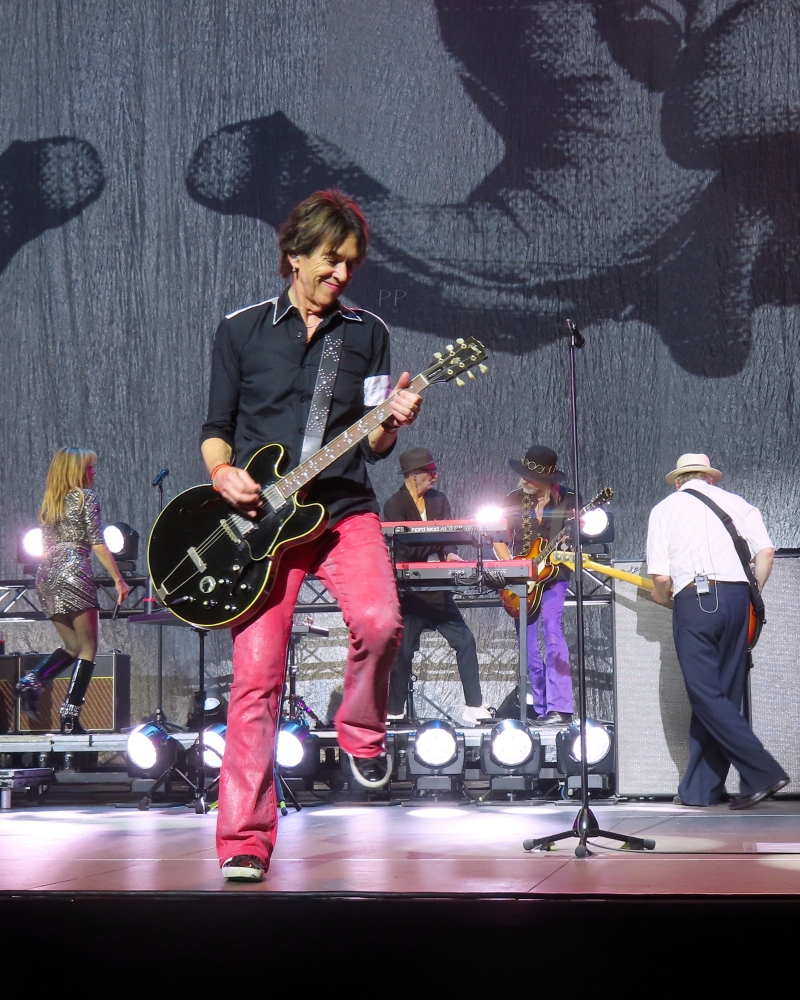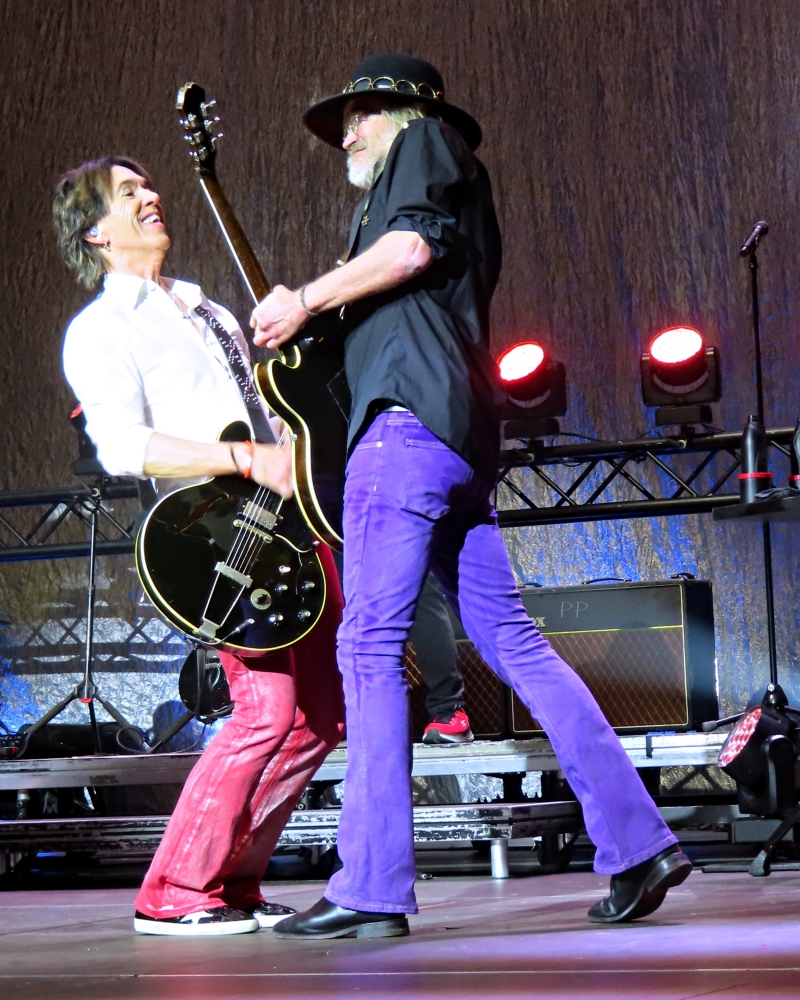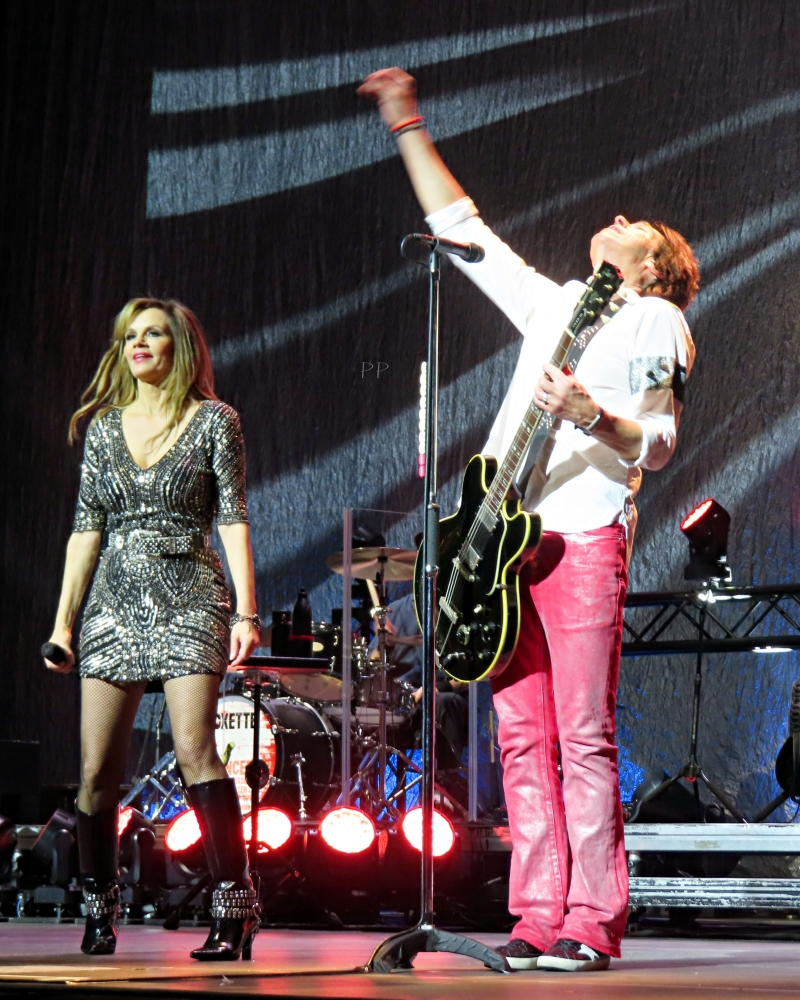The first of six German shows on this tour leg was held in Leipzig. That was a tough change regarding temperature – from 25 degrees in Barcelona to 3 degrees in Leipzig. You could see Mr. G was freezing in his dressing room 20 minutes before going on stage. Haha. But as Åsa said, soon he got warm.
There was no support act, so after the doors opened at 18:30, we had to wait for only 1.5 hours to see the Roxette gang playing. It was a half standing, half seated setting of Quarterback Immobilien Arena.
After warming up with the first two songs, Per greeted the crowd by saying „Guten Abend!” and then they kicked ass with Dressed For Success. The audience was singing along to both the ballads and the uptempo songs and provided a rhythm by their clapping during many songs. There was a lot of action on stage and it’s always lovely to see how much fun everyone has by playing together.
Christoffer played Sachsenlied (Sing, mei Sachse, sing) as the intro to Joyride.
After we left the building, the party went on in front of the arena where a guy was playing The Look on a guitar. People gathered around him and sang along.
No changes in the setlist.
Setlist
1. The Big L.
2. Sleeping In My Car
3. Dressed For Success
4. Crash! Boom! Bang!
5. Wish I Could Fly
6. Opportunity Nox
7. Fading Like A Flower
8. Vulnerable
9. Milk And Toast And Honey
10. Almost Unreal
11. Stars
12. She’s Got Nothing On (But The Radio)
13. It Must Have Been Love
14. How Do You Do!
15. Dangerous
Band presentation
16. Joyride
Encore
17. Spending My Time
18. Listen To Your Heart
19. The Look
20. Queen Of Rain
Next stop is Berlin on 20th November! Check out all the 2025 tour dates and links to ticket sales sites HERE!
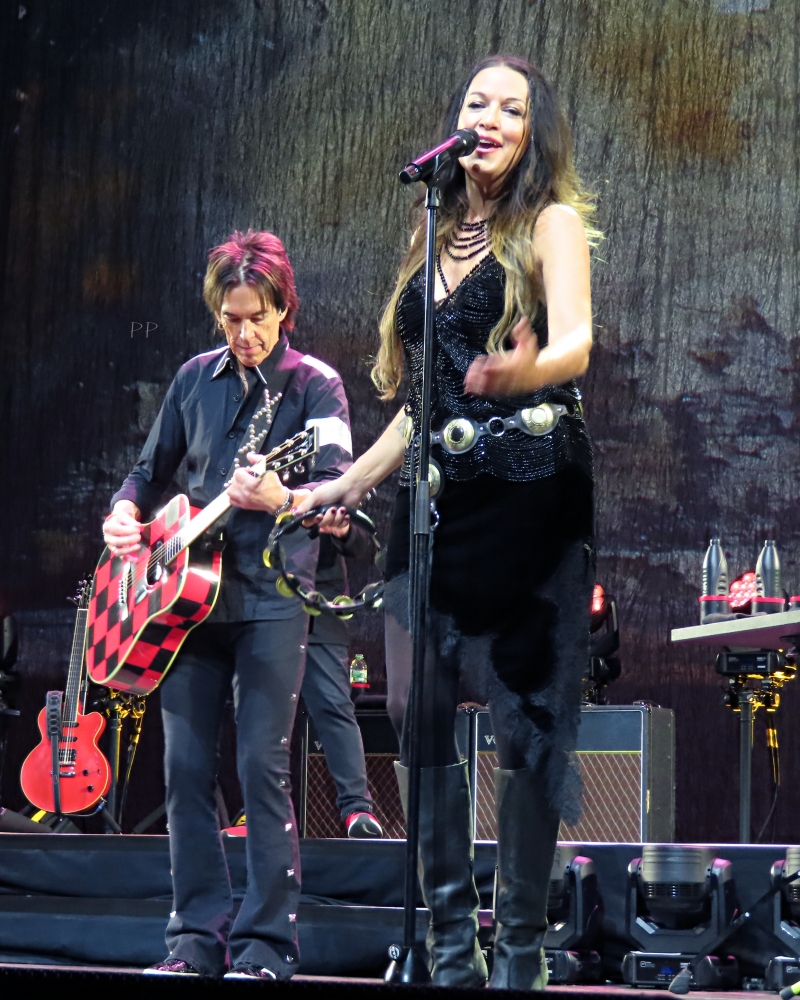
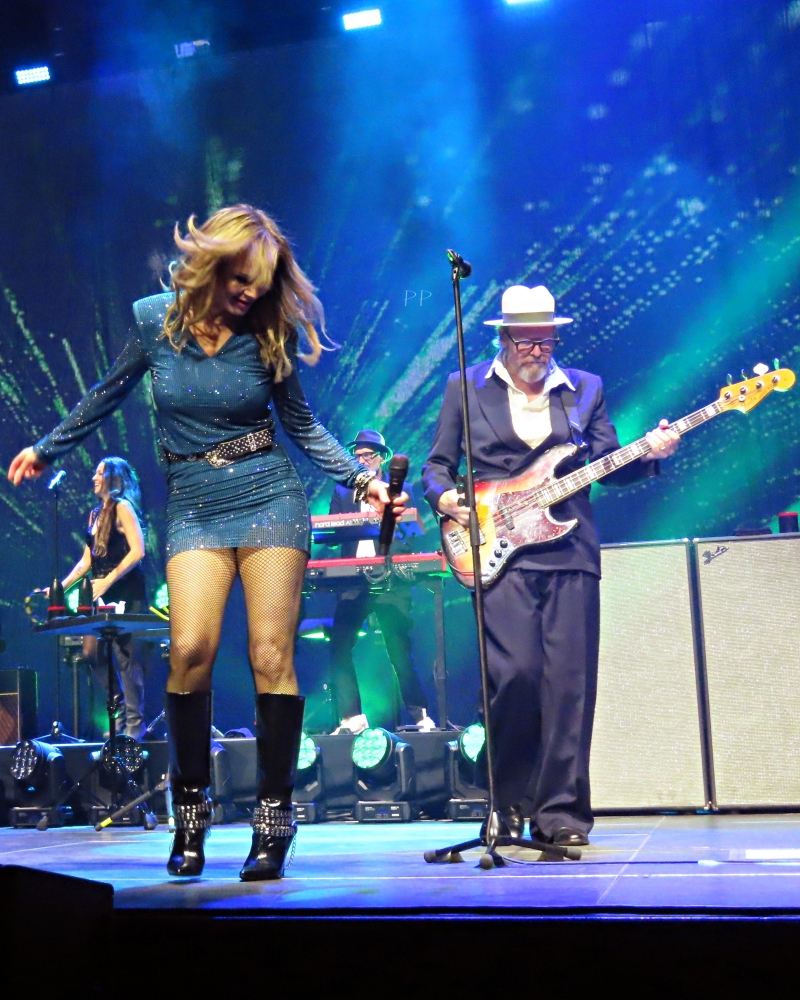
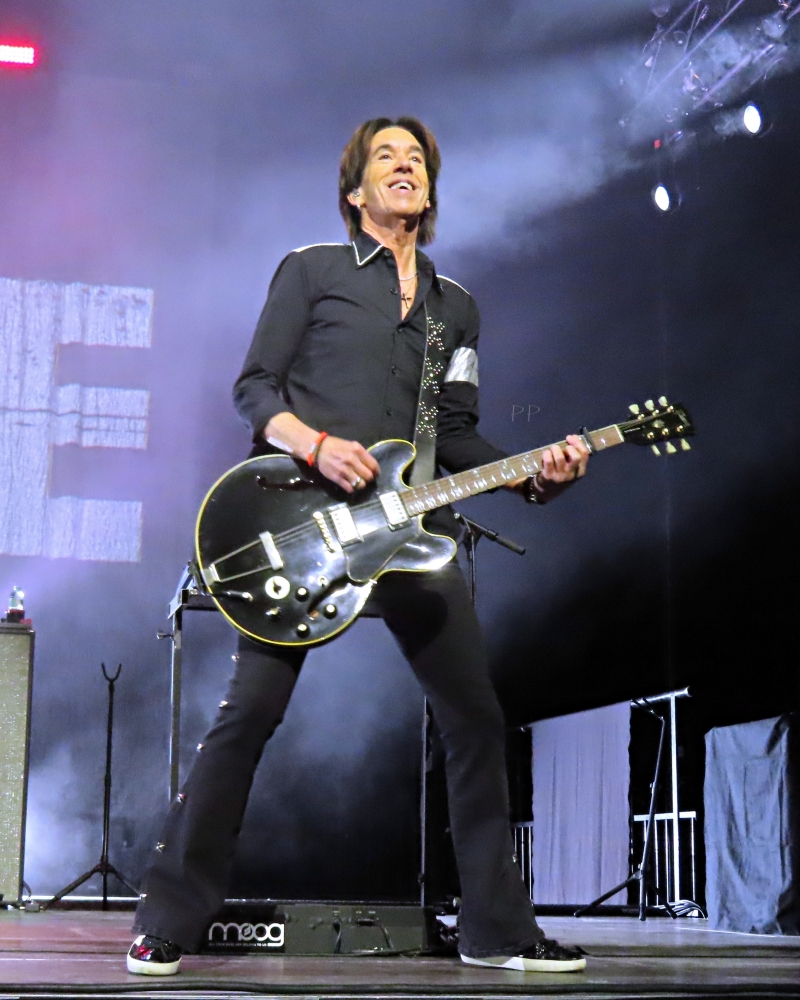
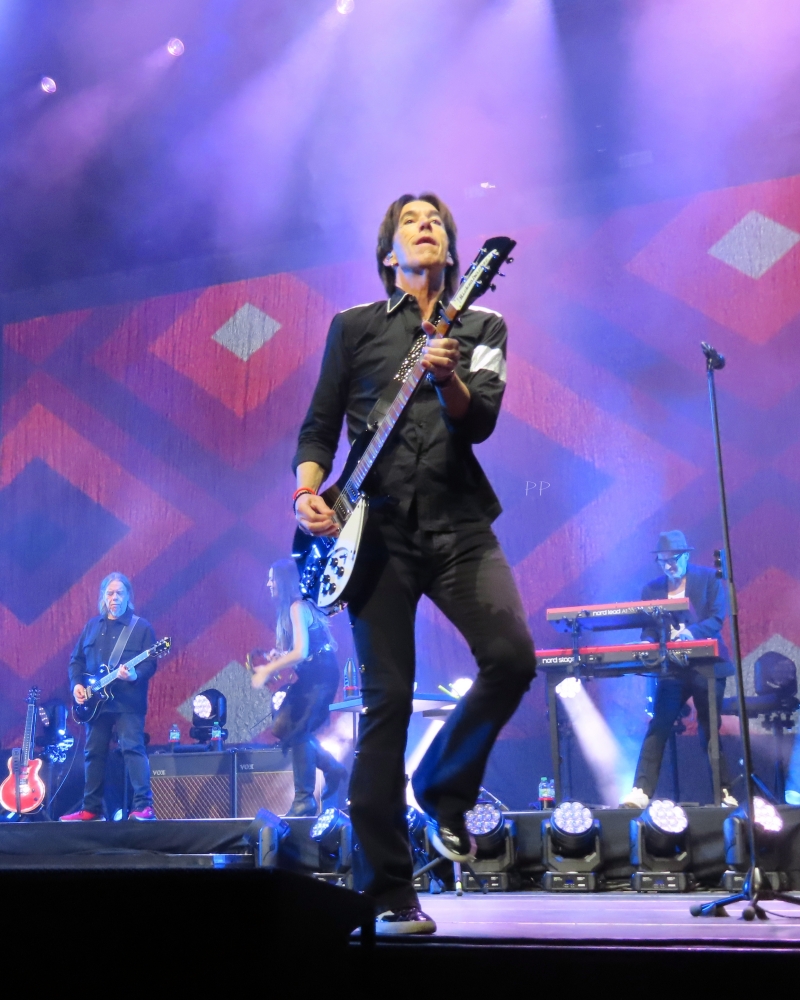
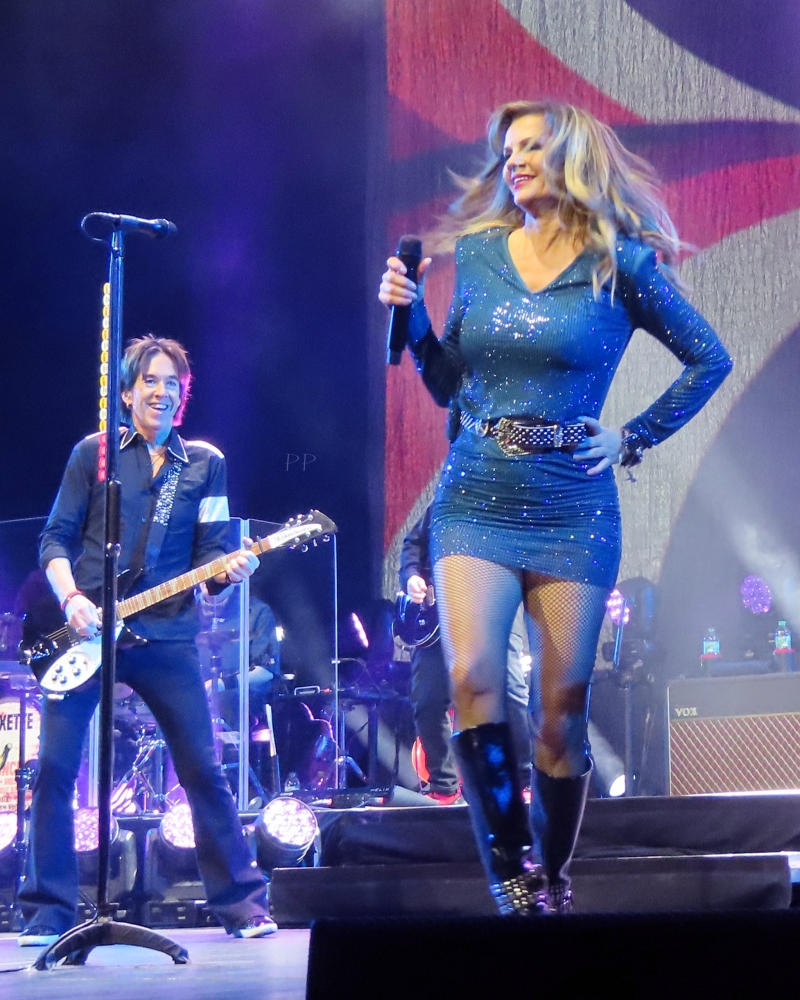
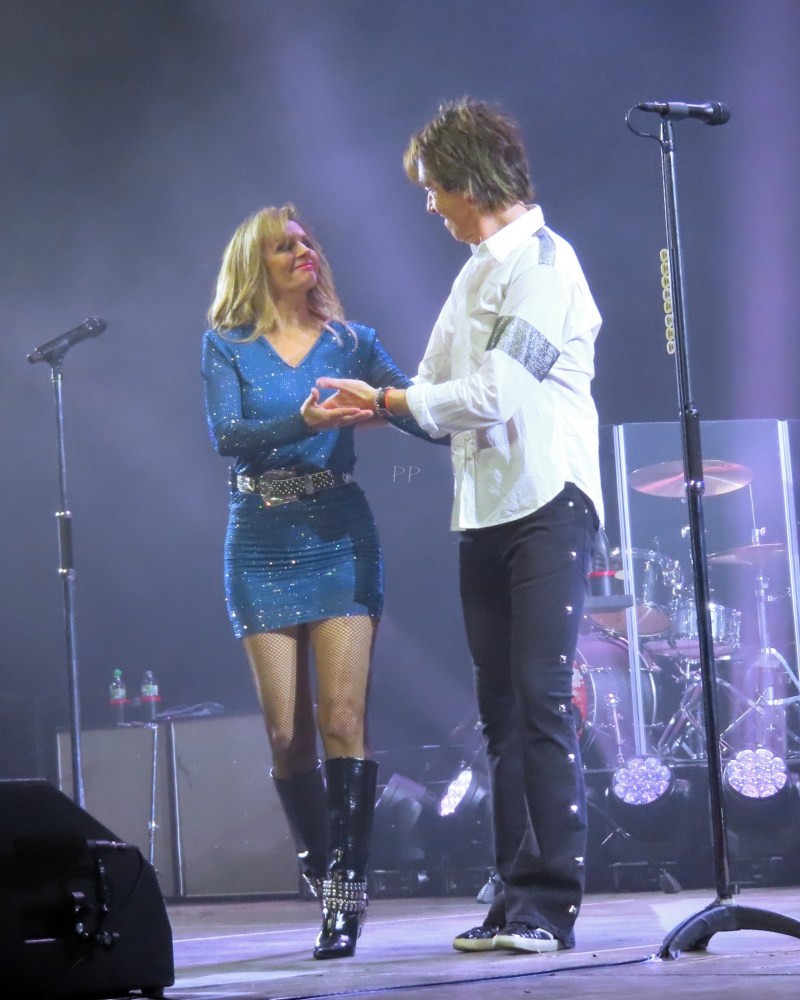
Photos in the article are taken by Patrícia Peres. More photos HERE! Check out how Vulnerable sounded in Leipzig HERE!
Per after the gig:
Leipzig! Amazing opening show in Germany. Thx everyone for joining the joyride tonight! Had so much fun!!!
Lena after the show:
Thank you Leipzig!! Wunderbar

